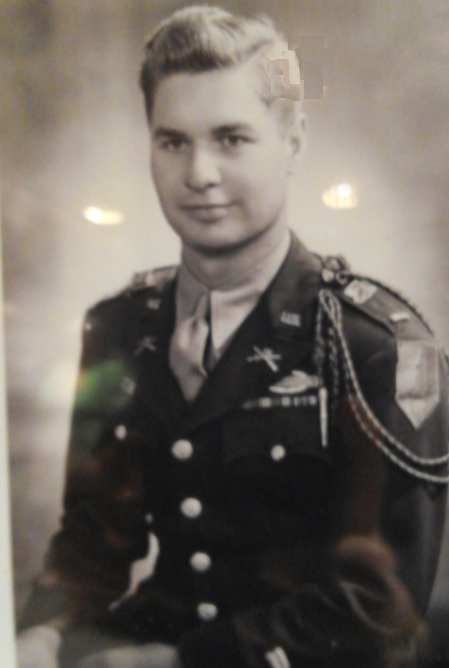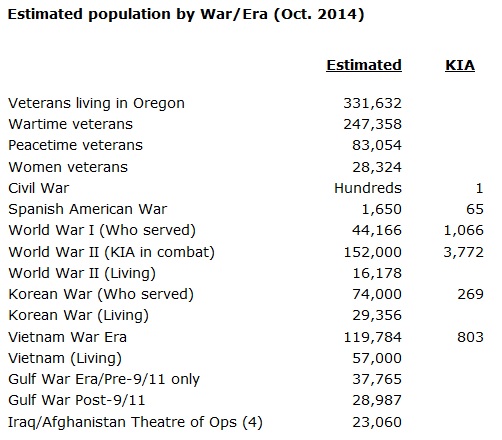 Tribute to Bill Moshofsky (1923-2016) — a civic leader with an amazing WWII experience
Tribute to Bill Moshofsky (1923-2016) — a civic leader with an amazing WWII experience
Excerpts from his written history.
Battle of the Bulge
We crossed the English Channel into France about the 1st of January, 1945, and after a cold, miserable night outside Paris, we were transported by truck across France to Luxembourg, a tiny country right up against the heavily fortified German Siegfried Line. Luxembourg was overrun by the Nazis earlier during the war, had been liberated by the Allies, and then was occupied again during the Battle of the Bulge. The people greatly appreciated being liberated. When Peggy and I visited the area 50 years later, the local people honored us with a champagne cocktail party. Continue reading
